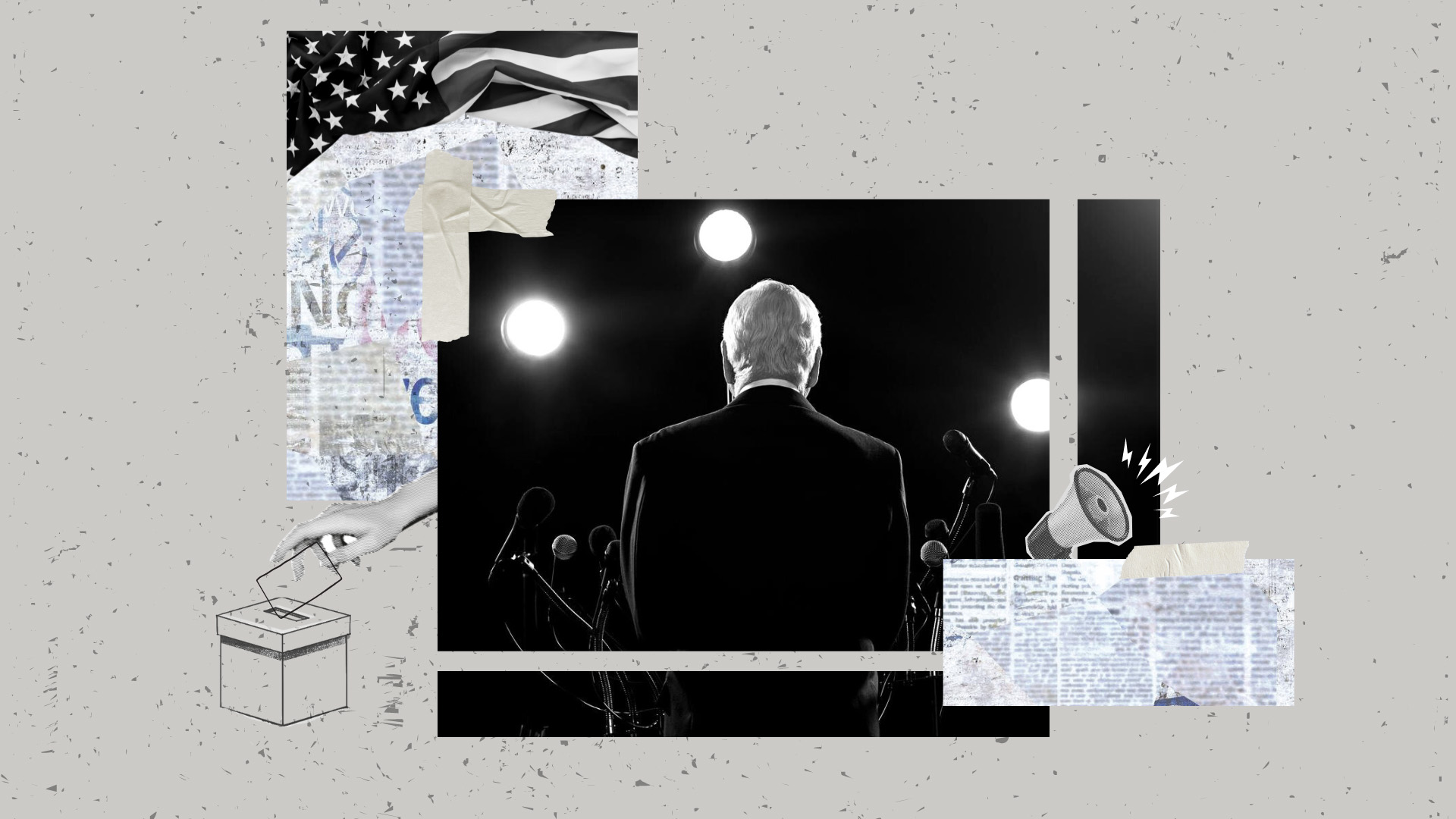


BBC interviewed Andrei Irimia for a story about how our brains change with age and whether we can have an effect on those changes before they occur. He discussed using MRI scans and artificial intelligence to understand the trajectory of both brains that are aging healthily and those in which there is a disease process, such as dementia. “It’s a very sophisticated way to look at patterns that we don’t necessarily know about as humans, but the AI algorithm is able to pick up on them,” he said. The story also ran on BBC Brazil.
LA Times published a column on the presidential debate featuring comments from Caroline Cicero. “Viewers surely noticed that President Biden did not command confidence in his performance,” Cicero said. “His blank stares left me wondering if his strategy was not to react and to stay stone-faced, so that he didn’t appear to be a grumpy old man.”
The Optispan Podcast with Matt Kaeberlein featured an interview with Bérénice Benayoun about her work regarding sex differences in aging and health and the importance of studying ovarian aging. “[Ovarian aging] has huge impacts on brain health and cardiovascular health,” Benayoun said. “I’m so glad there’s now work being done and more and more people taking this into account because I think that has the potential to be transformative for women’s health during aging.”
Medical Xpress covered a study led by Berenice Benayoun on how genes regulating transposons – also known as “jumping genes” – could be therapeutic targets for aging.
Twisted Sifter featured a story on research led by Valter Longo on how Laron syndrome patients appear to be protected against cardiovascular disease and age-related risks.
The Times (UK) mentioned research on fasting and health led by Valter Longo in an article on the legacy of Dr. Michael Mosley, who popularized the 5:2 diet.
In an article on Michael Mosley’s death, Daily Mail mentioned Valter Longo as a fasting expert Mosley had interviewed for his documentary “Eat, Fast and Live Longer.”
The Economist featured an article on Valter Longo and his work on how fasting can affect health and his development of the fasting-mimicking diet. “If I tell you, fast ten days a year, and I give you everything in a box, ready, I think most people might say ‘yes, I can do it,’” Longo said.
Phys.org featured research by Ryo Sanabria on how a molecule from sea sponges shows promising effects in treating cancer.